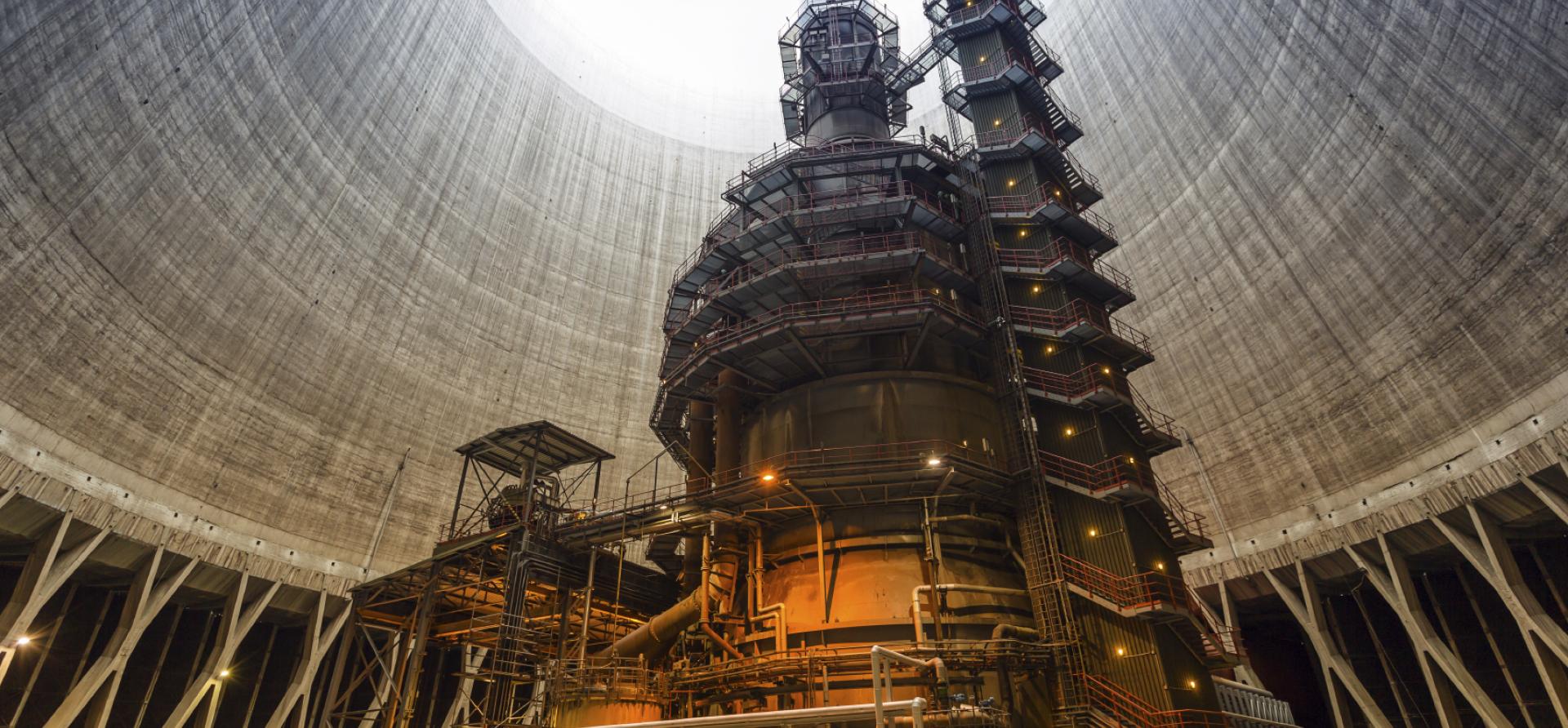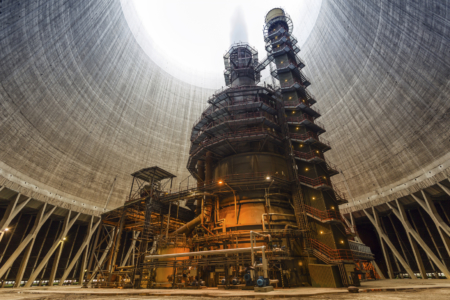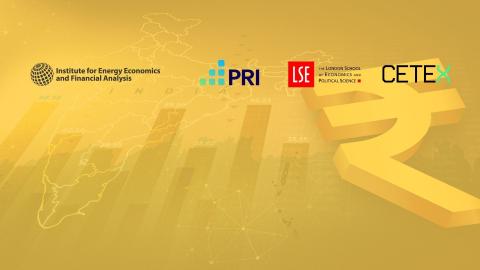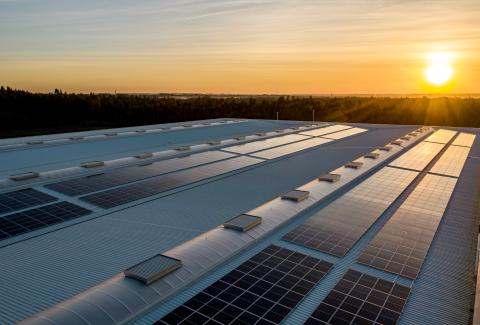Skullduggery Afoot at the IEA: How Does a Coal Industry-Sponsored Study Get Such Cachet?

A coal industry-sponsored study being circulated quietly this week in advance of its planned publication by the International Energy Agency is riddled with false suppositions and outdated and misleading numbers.
If this report emerges publicly in anything close to the form we were offered a chance to see, the IEA needs to take a good hard look at itself and whose purposes it is serving.
The report in question—produced by IEA’s Coal Industry Advisory Board—has too many holes to enumerate, but here’s a short list:
- Selection bias by the CIAB in its choice of comparing only certain domestic coal-fired power generation examples against imported gas-fired power in three case studies, from China, India and Germany. This bias is clear in the comparison of expensive imported gas versus mine-mouth coal. It’s an utterly incomplete analysis that ignores the trend that is transforming U.S. energy markets, where tens of billions of dollars is being invested in gas while closures of U.S. coal-fired plants are announced with increasing frequency.
- The CIAB’s omission of research that documents increasingly viable energy-investment alternatives including wind, solar, hydro, nuclear and energy efficiency, all of which are being implemented at scale in China, India and Germany.
- The CIAB’s cost evaluation of domestic Indian coal versus solar, in which it cites an outdated India Central Electricity Regulatory Commission and ignores the US$8 billion investment in eight gigawatts of solar projects awarded or currently under construction in India as of September of this year.
- The CIAB’s outdated evaluation of the rapid transformation of the Indian electricity sector, an assessment based on work published in 2006 by the Indian Planning Commission and that omits any mention of the country’s 175-gigawatt renewable-energy agenda announced this year.
- The CIAB’s assertion that the net present value (NPV) of Reliance Power’s US$4bn Sasan Power project in India is US$55 billion, an assertion that relies on a job-creation multiplier of 31.5 times—a claim that for each of the 639 direct jobs involved in operating the Sasan plant, 20,141 additional jobs will somehow be created.
- The CIAB’s unsupported claims around the “substantial socioeconomic benefits” of coal from the “particularly long supply chain” the industry uses in freighting coal long distances.
- The CIAB’s failure to mention the documented health hazards for coal miners, including the long history of black lung litigation in mining communities across the U.S., while it critiques the health hazards of the nuclear power industry by noting that “the risk of cancer is higher among uranium miners.”
- The CIAB’s notional assertion that “societal benefits of advanced coal generation … are of infinite importance.”
- The CIAB’s omission of mention—specifically in its evaluation of the commercial viability of Germany’s reliance on domestic coal for power generation—that German taxpayers keep the industry afloat.
It’s a near-dizzying list of errors and omissions, yet what I’ve listed above is only a sample. The report is sheer propaganda, plain and simple, and it is not worthy of the IEA imprimatur.
Financial analysts and journalist would do well to understand who wrote the document, and for what purpose.
The IEA, in the meantime, might examine misuse of its brand and how such misuse can undermine its legitimacy.
Tim Buckley is IEEFA’s director of energy finance studies, Australasia

















